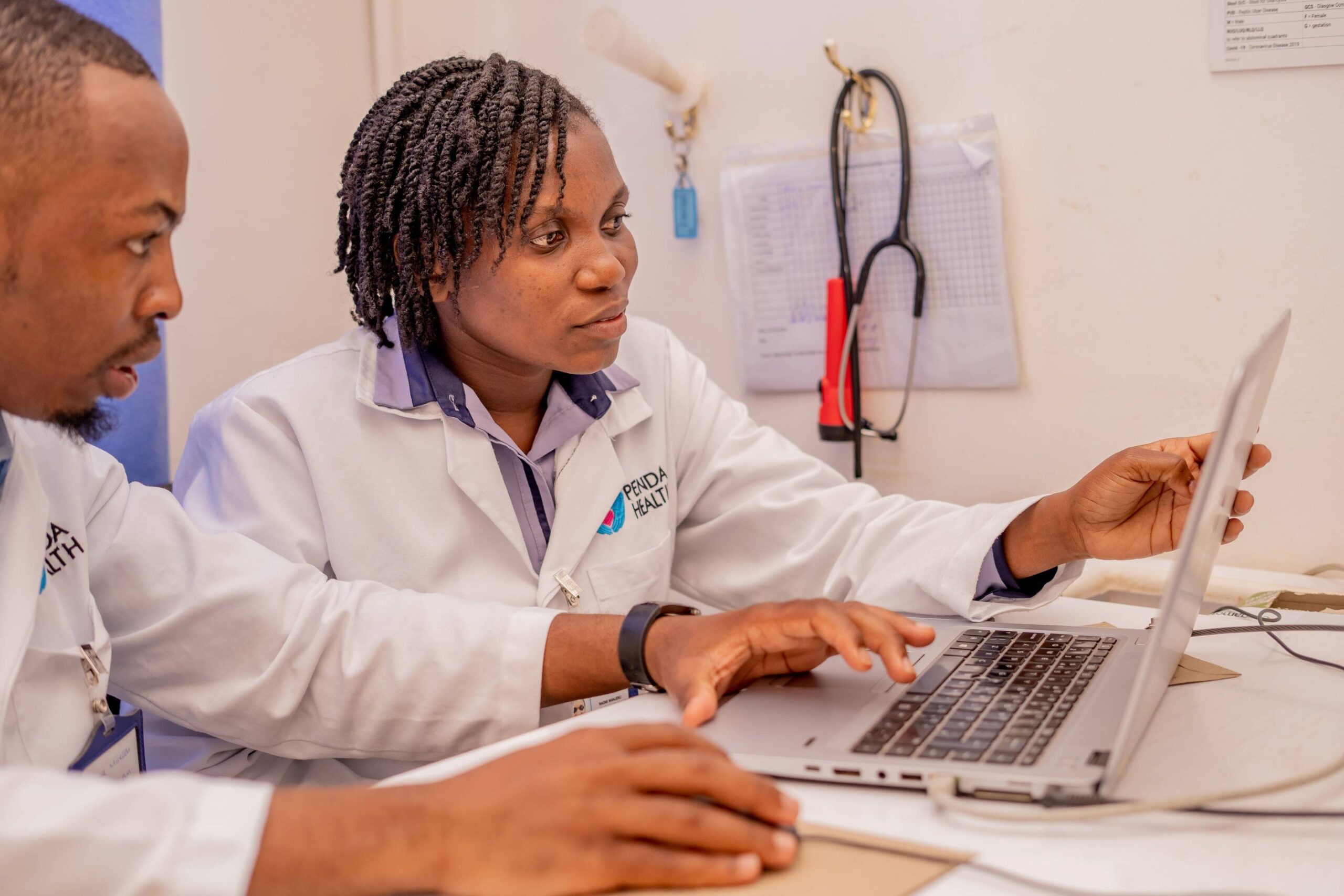Africa stands at the precipice of a technological revolution that could fundamentally transform its economic landscape. According to UNESCO’s groundbreaking research, artificial intelligence could add up to $2.9 trillion to Africa’s economy by 2030, representing an unprecedented opportunity for development and prosperity across the continent. However, this potential remains largely untapped, with Africa currently capturing just 2.5% of the global AI market and a tiny 0.3% of projected worldwide investment.
The Promise and the Gap
The numbers paint both an inspiring and sobering picture. While AI stands to add $19.9 trillion to the global economy by 2030, with $2.9 trillion flowing to Africa, this could lift 11 million Africans out of poverty. Yet the continent’s current position in the global AI ecosystem reveals a significant opportunity gap that demands immediate attention from policymakers, investors, and development organizations.
This disparity between potential and current reality has mobilized major international institutions. UNESCO, in collaboration with the African Development Bank and the World Bank, is spearheading efforts to bridge this gap through comprehensive strategies focused on inclusive development and ethical AI implementation.
Transforming Critical Sectors
Healthcare Revolution
The application of artificial intelligence to healthcare in Africa has the potential to transform productivity, diagnosis, disease surveillance, and resource allocation by improving accuracy and efficiency. This transformation is already beginning to take shape across the continent.
AI is rapidly reshaping multiple sectors worldwide, and Africa is no exception, with the continent undergoing a major transformation as AI drives innovations that enhance both healthcare and daily life. In healthcare specifically, generative AI could fundamentally improve patient experience, engagement, and quality of care, improve clinician and clinical productivity, and more broadly streamline operations.
The Science for Africa Foundation has recognized this potential, announcing significant funding initiatives. At the Grand Challenges Annual Meeting 2023, the Science for Africa Foundation announced $2.4 million in funding to catalyse the equitable use of AI in digital health across the continent.
Educational Transformation
AI’s impact on education represents another cornerstone of Africa’s digital transformation. The technology promises to address some of the continent’s most pressing educational challenges, from teacher shortages to personalized learning at scale. By leveraging AI-powered educational platforms, African countries can democratize access to quality education, adapt curricula to local needs, and bridge the digital divide that has historically limited educational opportunities.
Productivity and Economic Growth
AI offers the potential to transform sectors that matter, from healthcare to education and agriculture, to the public sector, including advances like personalized and more efficient government services. This transformation extends beyond individual sectors to create systemic improvements in productivity and economic competitiveness.
The agricultural sector, which employs a significant portion of Africa’s population, stands to benefit tremendously from AI applications in crop monitoring, yield prediction, and resource optimization. Similarly, financial services can leverage AI for improved risk assessment, fraud detection, and financial inclusion initiatives.
Current Initiatives and Progress
Several major initiatives are already underway to harness AI’s potential across Africa. The Global AI Summit on Africa 2025, hosted in Kigali, Rwanda, represents a significant milestone in coordinating continental AI strategies. The 2025 ISO Annual Meeting in Kigali offers a global platform to elevate African leadership on AI, ensuring that international standards reflect local priorities and that the path forward is shaped by those closest to the challenges and opportunities.
UNESCO has taken a leading role in ensuring ethical AI development through its 2021 Recommendation on the Ethics of AI. With a potential economic impact of $1.5 trillion (6% of GDP), AI fosters growth and innovation in critical sectors such as healthcare, agriculture, and finance, though AI adoption raises ethical challenges that UNESCO’s recommendation addresses.
Addressing the Challenges
Despite the enormous potential, significant challenges remain in realizing Africa’s AI ambitions. Infrastructure limitations, skills gaps, and regulatory frameworks need substantial development. The continent’s multifaceted ethical, legal and social realities, including widely varied demographics and infrastructure, complicate AI implementation.
Key challenges include:
Infrastructure Deficits: Many African countries lack the robust digital infrastructure necessary to support widespread AI adoption. Reliable internet connectivity, data centers, and computing resources remain limited in many regions.
Skills and Capacity Building: The roadmap must include plans for the scaled-up development of specialised AI-trained workforces, through improved and wide-ranging science education and training programs.
Ethical and Regulatory Frameworks: Ensuring that AI development aligns with local values and addresses specific African contexts requires comprehensive ethical guidelines and regulatory structures.
Investment and Financing: The current 0.3% share of global AI investment flowing to Africa is insufficient to realize the continent’s potential.
The Path Forward
Realizing Africa’s $2.9 trillion AI opportunity requires coordinated action across multiple fronts. Success will depend on:
Strategic Partnerships: Collaboration between international organizations like UNESCO, the World Bank, and regional bodies like the African Development Bank is essential for mobilizing resources and expertise.
Local Innovation Ecosystems: Building robust innovation hubs, research institutions, and startup ecosystems that can develop AI solutions tailored to African contexts and challenges.
Inclusive Development: Ensuring that AI benefits reach all segments of society, particularly marginalized communities, women, and youth, who have historically been excluded from technological advancement.
Ethical Leadership: Positioning Africa as a leader in ethical AI development, ensuring that technological advancement aligns with human rights, cultural values, and sustainable development goals.
Skills Development: Massive investment in education and training programs to develop the human capital necessary for AI implementation and innovation.
Economic and Social Impact
The potential impact extends far beyond economic numbers. The transformative power of AI in healthcare extends far beyond improved patient outcomes; it holds the promise of reshaping Kenya’s economy – a pattern that could be replicated across the continent.
McKinsey’s analysis suggests that Africa has the potential to be leading, not lagging, in the generative AI opportunity, particularly if strategic investments are made in the right areas and at the right scale.
Conclusion
Africa’s AI potential represents one of the most significant economic opportunities of our time. The $2.9 trillion figure is not just a projection – it’s a call to action for policymakers, investors, and development partners to work together in creating an inclusive, ethical, and transformative AI ecosystem.
The journey from potential to reality requires immediate, coordinated action. As UNESCO and its partners have demonstrated, the frameworks and initiatives are beginning to take shape. The question now is whether the global community will provide the investment, support, and partnership necessary to help Africa realize its AI destiny.
Success in this endeavor will not only transform Africa’s economic prospects but also contribute to solving some of the world’s most pressing challenges through innovative, locally-relevant AI solutions. The time for action is now, and the stakes could not be higher for both Africa and the global economy.




